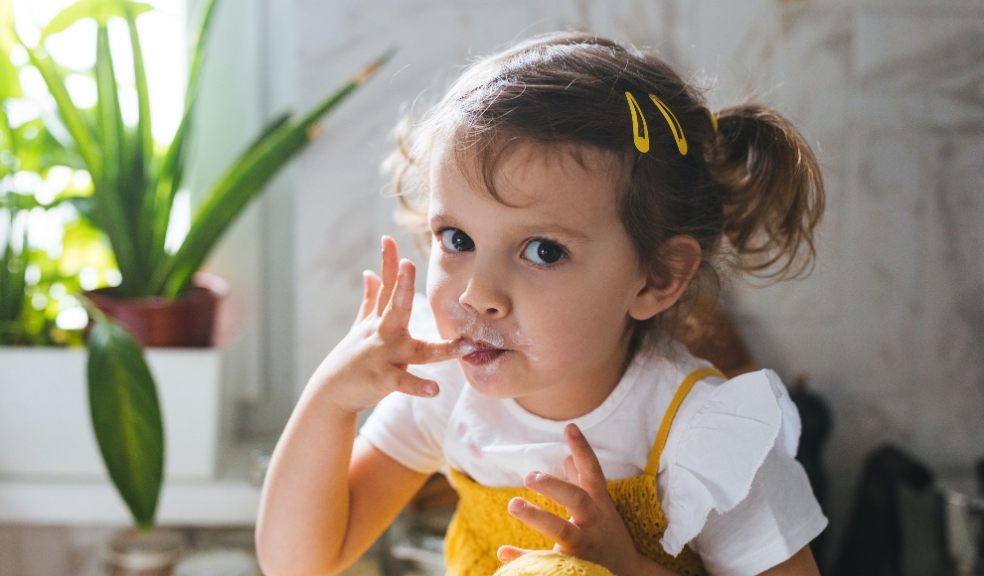
How can I keep my child learning over the summer?
Leonor Stjepic, chief executive of the Montessori Group, which offers education based on self-directed activity and hands-on learning in nurseries and schools, says: “With months of nursery and school closures, it’s understandable parents may be concerned about disruption in learning. However, especially in the early years, learning doesn’t have to be structured or rigid – in fact, it can be spontaneous, or just the everyday activities that are part of your normal routine.
“In the early years, play is the most important way of learning about the world around you. Play provides children with opportunities to develop their own views; put things into perspective and make connections with others.
“During play, children learn to problem solve, develop language skills, connect with others, and engage using all their senses. Play also reduces stress, promotes positive wellbeing and allows children an outlet for their emotions, which is vital during a time when anxieties may be high.
“To encourage play, create a safe place where your children can play freely, imagine their own games and easily access materials they may want. Follow your child in order to set up activities at home and outside. Sit back and observe to see how they want you to be involved, so you can then provide the resources.
“Some ideas to kick-start the fun could include making an adventure map of your garden or local park, or creating a home for bugs outside and researching what you find. For toddlers, why not create a sensory map, by putting a variety of mats with different textures on the floor to walk over and explore how each one feels?
“Another way to continue learning over the summer is to nurture your child’s natural drive for independence. Being able to do things for themselves contributes to children’s self-esteem – an essential ingredient of learning and settling back into nursery. Let your child pick their clothing but set some boundaries. For example, say ‘it’s sunny outside, so you’ll need a hat’. Encourage children to take responsibility for their possessions, such as hanging up their coat or putting their shoes away. Try doing household activities together, such as cooking and simple house tasks.
“Parents need not worry. Our recent research revealed 88% of parents recognised their children were still developing and learning at home over lockdown. Continue doing what you do best: playing, talking, listening and enjoying your child’s company, while giving them the time and space to do things for themselves.”













